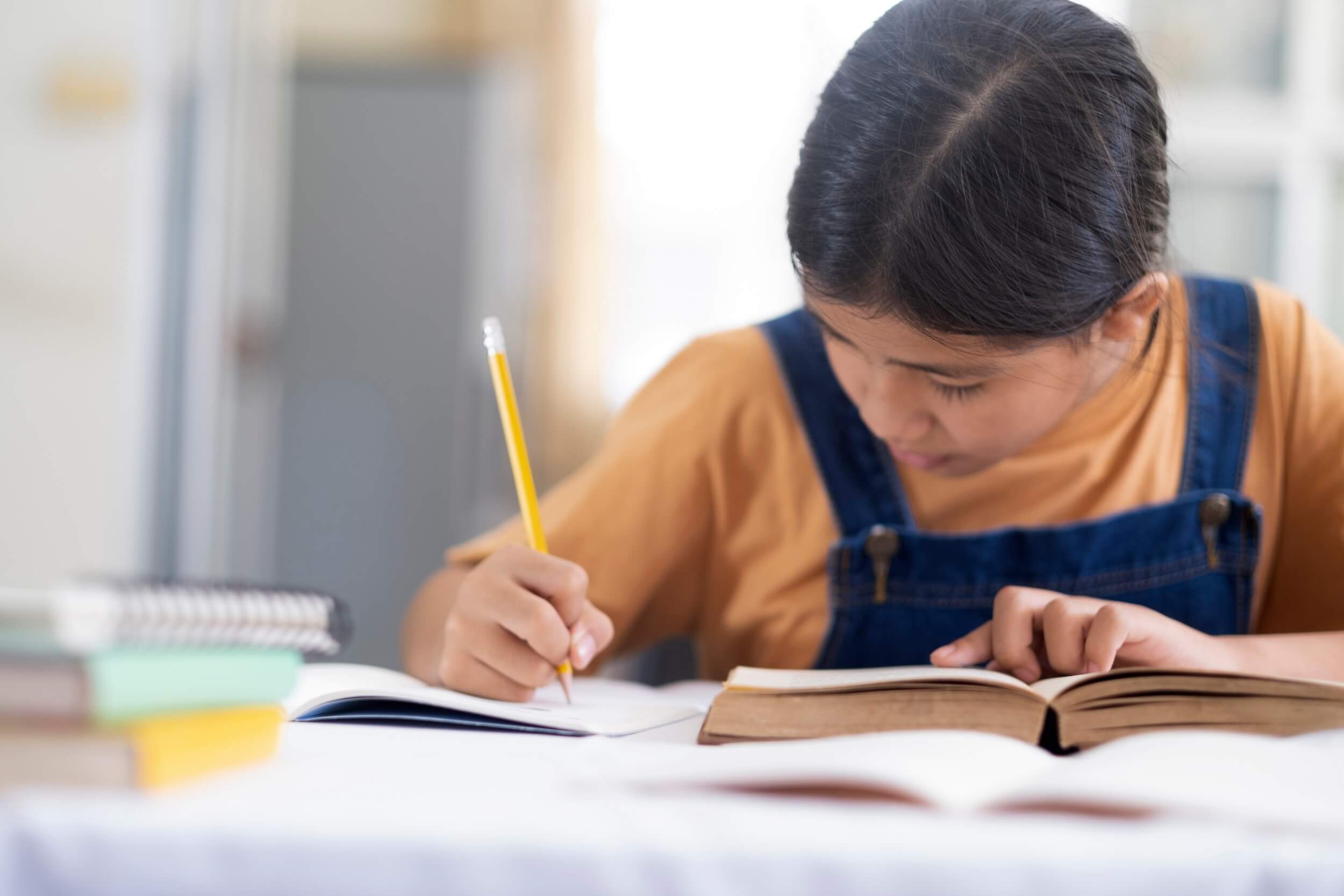

As we transition to a “post-pandemic” world, many students face social anxiety and challenges as they return to in-person learning. Students are reuniting with classmates they may have never met in person, while parents and teachers are also navigating their own social adjustments. During the pandemic, online classrooms struggled to foster personal connections, making the return to physical classrooms a crucial time to build a strong classroom community that supports social and academic growth.
Why Classroom Community?
A thriving classroom community fosters an environment where students feel safe to make mistakes, learn collaboratively, and look forward to being together. For parents, supporting your child’s social and academic development is key. Here are five effective ways to help create a classroom community that nurtures trust and learning:
1. Encourage Student Voice
Allowing students to share their thoughts and experiences, even when it might not seem like the perfect moment, is essential. When your child feels heard in the classroom, it signals that their life experiences are valued. This openness promotes a sense of belonging and trust among classmates. Encourage teachers to create moments where students can share and ask questions, connecting these conversations back to the lesson when possible.
2. Promote Collaborative Learning
Group work is vital for building teamwork and collaboration skills. When students work together on projects, they practice time management, positive reinforcement, and leadership. As a parent, support group activities by encouraging your child to engage fully and work harmoniously with peers. Teachers should monitor these groups to ensure productive collaboration and foster a cooperative learning environment.
3. Assign Responsibilities
Giving students responsibilities beyond homework and projects helps them develop independence and accountability. Encourage your child’s teacher to assign tasks such as writing emails when absent, planning classroom events, or even teaching a lesson. These responsibilities empower students and build confidence, preparing them for future challenges.
4. Celebrate Each Other’s Successes
While healthy competition can drive personal growth, it’s important to balance it with a culture of support and celebration. Encourage your child’s classroom to cheer for each other’s achievements. Public praise and recognition should be spread across all students to highlight everyone’s unique strengths. This practice helps build a positive classroom atmosphere where every student feels valued.
5. Maintain Close Contact with Parents
Parents play a crucial role in supporting their child’s education. Regular communication between teachers and parents through newsletters, attending extracurricular activities, and involving families in classroom activities can strengthen this support. As a parent, stay engaged with your child’s school life and collaborate with teachers to create a cohesive support system that promotes both academic and social growth.
Join ConnectEd Today!
Creating a supportive classroom community is vital for your child’s development. At ConnectEd, we understand the pressures students face preparing for CBSE exams. Our expert tutors provide the necessary e-learning resources and personalized support to help your child succeed. With our comprehensive tuition services, students across India can gain the confidence they need to excel in their exams. Sign up for a free session today and discover how ConnectEd can help your child thrive academically and socially!

blog & news
Stay Informed, Stay Inspired.


The Power of Practice: How Regular Mock Tests Can Boost Your Child’s Exam Confidence

Harnessing Mind Mapping and Visual Aids: A Parent’s Guide to Enhancing Exam Preparation
Start your journey
with ConnectEd.

Start your journey
with ConnectEd.

Get in touch with us with any inquiries or assistance.
ADDRESS
Visit us for a personal consultation or meeting.


